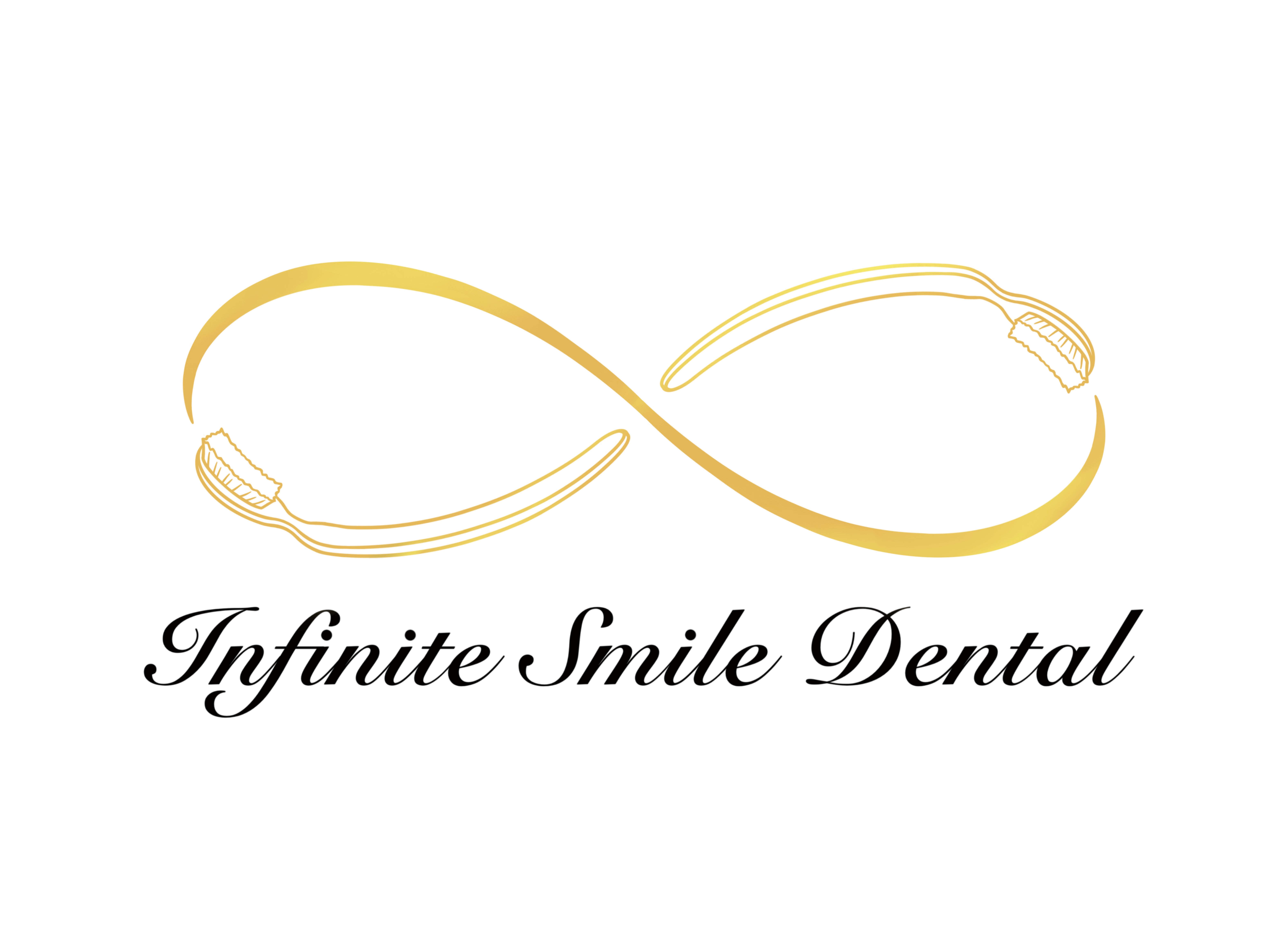At Infinite Smile Dental Inc., we strive to provide our patients with the most advanced and comfortable treatments available. One such innovation we use is the diode dental laser, a versatile and powerful tool that offers exceptional benefits for soft tissue procedures. The diode laser utilizes a focused light beam at specific wavelengths (typically 810 to 980 nanometers) to perform a variety of dental procedures with precision and minimal discomfort.
Dr. Kimberly G. Kau incorporates diode laser technology to deliver faster, more efficient treatments while enhancing patient comfort and recovery times. This technology is particularly effective for soft tissue surgeries and plays a crucial role in achieving optimal results in various dental treatments. Below, we explore the key advantages of diode dental lasers and how they enhance care at Infinite Smile Dental Inc.

Key Advantages of Diode Dental Lasers
Soft Tissue Precision
Diode lasers are primarily used for soft tissue procedures, such as:
- Gingivectomy and Gingivoplasty: Removal of gum tissue to treat gum disease or improve the appearance of the gums.
- Frenectomy: Removal of excess tissue that connects the upper lip or tongue to the gums, often performed for children or adults experiencing speech or eating difficulties.
- Crown Lengthening: Reshaping the gum and bone structure to expose more of a tooth, often used before restorative treatments like crowns.
- Biopsy: Removal of a small piece of tissue for examination, often used when assessing suspicious lesions or growths.
- Periodontal Disease Treatment: Treatment of gum infections by removing infected tissue and promoting healthier gums.
- Soft Tissue Surgeries: The diode laser targets pigmented tissues, such as those containing hemoglobin and melanin, for precise tissue removal and coagulation, making it ideal for soft tissue surgeries.
Minimally Invasive
One of the greatest benefits of diode laser technology is its ability to perform minimally invasive procedures. The laser allows for:
- Precise targeting of treatment areas, reducing unnecessary damage to surrounding tissues.
- Less postoperative discomfort compared to traditional surgical methods.
- Faster healing and reduced recovery times, as laser surgery often causes less trauma to the tissues than conventional cutting techniques.
Superior Hemostasis (Blood Control)
Diode lasers provide excellent hemostasis, meaning they effectively control bleeding during procedures. The laser’s energy not only cuts through tissue but also coagulates blood vessels as it works, resulting in:
- Minimal bleeding during surgery
- A clearer surgical field, allowing Dr. Kau to work with precision
- Improved patient comfort, as there is less blood loss and reduced swelling
Sterilization and Reduced Infection Risk
The diode laser’s high-energy light has a bactericidal effect, helping to sterilize the surgical site and minimize the risk of infection post-surgery. This is especially beneficial for periodontal procedures, where controlling bacteria is critical for healing and successful outcomes.
Versatility and Precision in Treatment
The diode dental laser offers adjustable settings and various tip attachments, allowing Dr. Kau to tailor the procedure to each patient’s needs. This versatility makes the diode laser suitable for a range of soft tissue conditions and anatomical challenges. The precision of the laser enables accurate tissue removal and coagulation, ensuring:
- Minimal impact on surrounding healthy tissue.
- A more efficient treatment experience.
- Optimal outcomes for a wide variety of soft tissue procedures.
Enhanced Patient Comfort
Because diode lasers are minimally invasive and cause less discomfort than traditional surgical techniques, many patients find the procedure more comfortable. The laser’s ability to seal nerve endings and cauterize blood vessels results in:
- Reduced pain during and after the procedure.
- Less swelling and sensitivity , leading to a more comfortable recovery.
- Faster healing with minimal scarring.
Reduced Need for Anesthesia
For many diode laser procedures, Dr. Kau can perform treatments with little or no local anesthesia. This is a significant benefit for patients who are:
- Apprehensive about dental injections.
- Have medical conditions that prevent the use of local anesthetics.
- Prefer less invasive procedures with fewer side effects.
In some cases, the laser’s precision and gentle approach eliminates the need for anesthesia entirely, providing a more relaxed and stress-free experience.
Enhanced Healing and Tissue Regeneration
Another remarkable benefit of diode lasers is their ability to stimulate cellular activity and promote collagen production, which aids in tissue regeneration and wound healing. As a result, they provide:
- Faster healing times compared to traditional surgical methods.
- Reduced scarring and improved tissue reattachment following procedures.
- Enhanced outcomes and a quicker return to regular activities for the patient.
Why Choose Diode Dental Lasers at Infinite Smile Dental?
At Infinite Smile Dental Inc., we choose diode dental lasers for their precision and versatility in treating a wide range of soft tissue conditions. Diode lasers are highly effective in performing procedures such as gum reshaping, treatment for gum disease, and removing soft tissue growths. These lasers provide a minimally invasive alternative to traditional methods, offering faster healing times and less discomfort for patients. With the ability to target specific areas of tissue without affecting surrounding structures, diode lasers ensure highly accurate results and a more comfortable treatment experience.
In addition to their clinical benefits, diode lasers at Infinite Smile Dental Inc. enhance overall patient care by reducing the need for stitches and minimizing post-treatment swelling. The laser's advanced technology also promotes a sterilizing effect, lowering the risk of infection and ensuring a cleaner procedure. Whether you're receiving a routine soft tissue treatment or a more advanced procedure, diode lasers enable us to deliver effective, gentle, and efficient care while prioritizing your comfort and recovery.







